What’s the first thing you think of after waking up? I bet it is coffee! For a majority of us, it has become a basic necessity. We simply can’t live without it. It works as fuel charging us and pushing us through a hectic day. But its, not the caffeine and energy that makes it an amazing thing. There is a lot more coffee than giving instant energy.
The coffee we drink today comes from roasted beans. These roasted beans are then turned into powder. They are consumed in several different ways like a French press, espresso, latte, etc., you will easily find different types available by different brands. However, if you wish, you can brew it as well. Looking for the right type of coffee and brewer? Head to The Coffee Guru and all the answers to your coffee-related problem. The reason behind its popularity is the fact that it contains caffeine with aids in providing instant energy to the body. However, it is not the only thing that makes it stand out as beneficial. It has several other benefits as well. Here are a few to name:
- It is rich in anti-oxidants
- Aids indigestion
- Reduces the risk of cardiovascular diseases
- It reduces anxiety
- Aids in controlling diabetes.
Although the benefit is quite prominent, there is a lot more to it than the benefits mentioned above. Especially if you are someone who has kidney-related diseases, it can be a good choice for you. If you are someone who has a history of kidney diseases, the good news is that you can consume it without worrying about its results. In fact, several kinds of research have resulted in the affirmation that drinking coffee, especially when you have kidney diseases, can have a positive effect on your overall health. If you are wondering whether it is good or bad for your kidneys, the answer is yes, it is very good for your health.
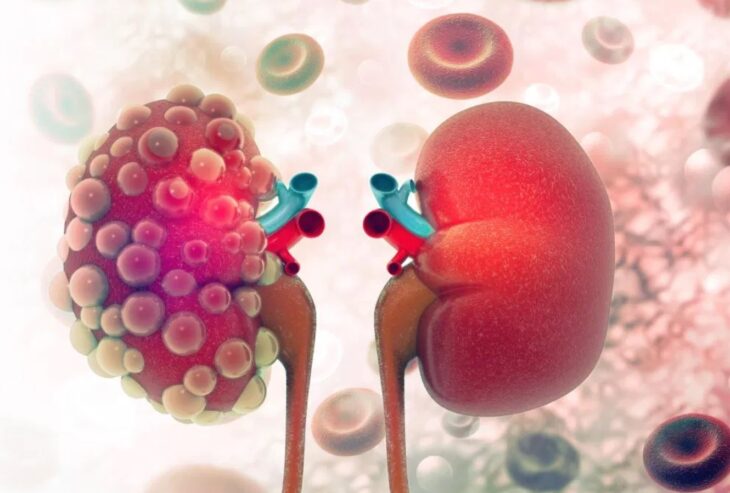
Source: Medical News Today
Contents
Kidney diseases
People who have a habit of drinking good-quality coffee are known to have no kidney diseases. A Korean study shows that women who drank coffee regularly had a lower risk of developing kidney stones. Although researchers are working on finding the reason behind this, it is estimated that the high content of anti-oxidants in it is the reason behind the protection of your kidneys from such diseases.
Kidney cancer
People who drink caffeinated coffee are said to have a lower rate of kidney cancer. The caffeine in coffee is said to reduce renal cell carcinoma. As a result of which the chances of cancer are greatly reduced. However, this is not true for decaffeinated ones. In fact, drinking decaffeinated version increases the risk of renal cell carcinoma, which results in high cancer.
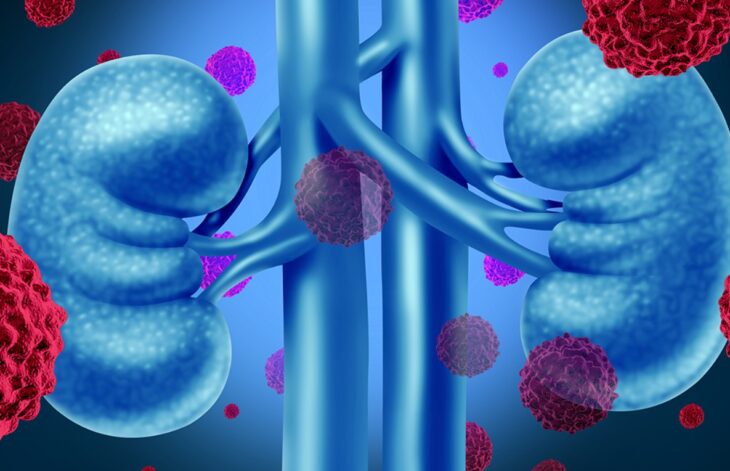
Source: National Kidney Foundation
Kidney stones
There are different types of kidney stones. The most common type is Oxalate stones. Unfortunately, coffee is the main source of oxalate in the diet. So, people who have oxalate kidney stones should not drink them. Otherwise, it won’t aid rather cause a problem for them.
Genetic kidney diseases
If you develop genetic kidney disease, the story can get a little twisted. Because genetic diseases don’t work like non-genetic diseases, the effects of different ingredients and medicines can be different. Thus, for someone who has genetic kidney diseases, it may aid in the elevation of the disease. However, researchers are still trying to understand the effects of coffee on genetic kidney diseases.
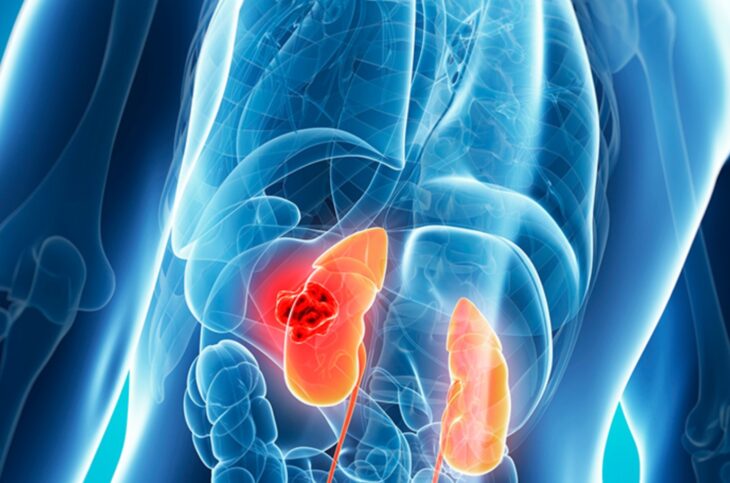
Source: The University of Sheffield
Things to take care of
Although drinking coffee aids in relieving several kidney diseases and problems, but there are certain things you need to keep in mind before including it in your daily diet.
Daily intake
Coffee is considered a low potassium drink. A single cup of coffee, i.e., 8 ounces, consists of 116 mg of potassium. So, drinking at least three cups of coffee seems perfectly fine for health. However, drinking more than two or three cups can cause health issues.
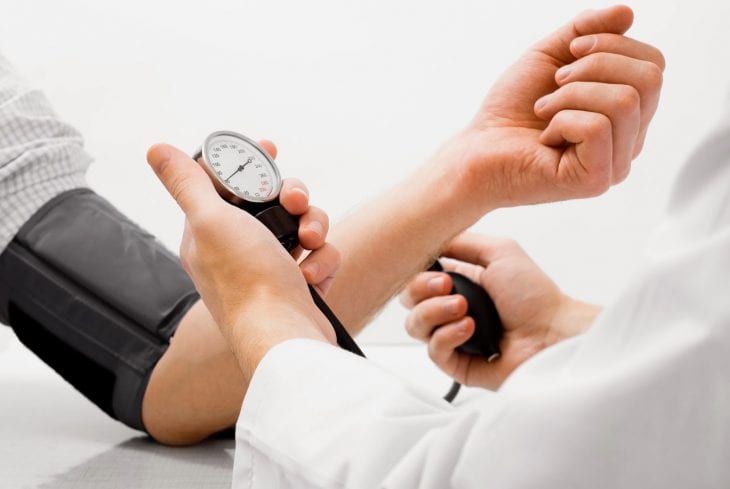
Source: waystomaintainbloodpressure.blogspot.com
Hypertension and high blood pressure
Drinking coffee causes a sudden increase in blood pressure. So, people who experience hypertension can experience a more prominent increase in blood pressure levels. People who have hypertension and drink more than 2 cups seem to experience more fluctuation in their health. As a result of increased blood pressure, the risk for kidney diseases and renal failure also increases.
Fluid intake
Although coffee is also considered a fluid, it doesn’t contain all the other fluid minerals and vitamins. For instance, you cannot compare it to water or fresh juices. Although it contains several health benefits, it is not a substitute for water or fresh juices. Thus, one should limit the use of coffee per day and also include other fluids in his daily routine.
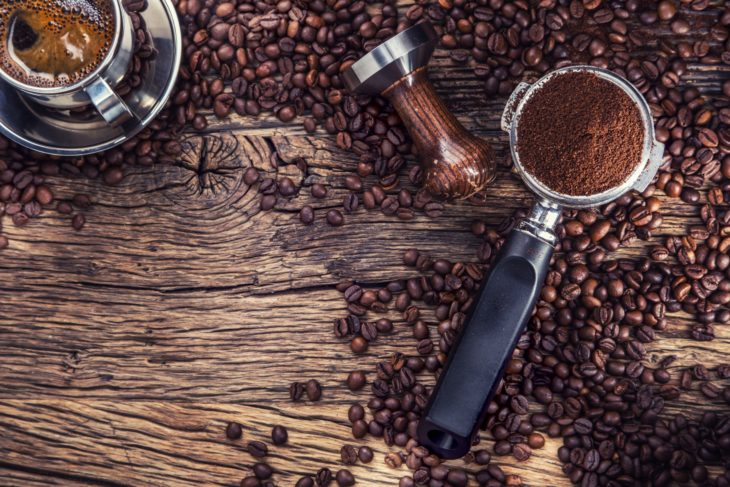
Source: Naturalnie o zdrowiu
Coffee additives
Most people like to drink black coffee. But not everyone finds that tasteful. You will find several additives like creamers and sugar for coffee. Although these additives improve the taste and make the coffee creamier, it also adds unnatural and artificial flavors to it. As a result, you get more unhealthy ingredients in your coffee. For instance, these additives have a high amount of potassium, phosphorus, and other minerals. Having such a high amount is subject to more damage than benefit.
Coffee can be addictive for some because of its unique, strong flavor and aroma. However, it has a lot more to it than the taste. It is known to provide instant energy to the body and offers several other benefits. But, like everything else, consuming it in excessive amounts can cause more damage than good. So, if you are a coffee-lover, make sure you take the most benefit out of its natural flavor. Skip the use of additives. And if you have kidney stones, especially oxalate, don’t forget to consult your medical practitioner before consuming them in high amounts. Anything that is consumed in moderation is good for your health. So, reap the many benefits of coffee, especially for your renal health.
